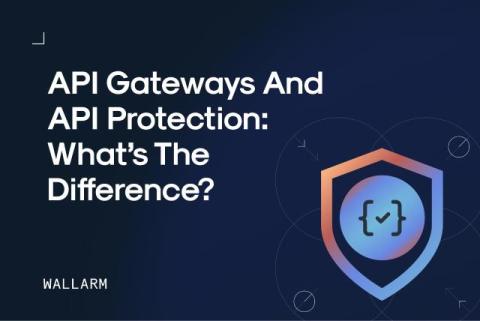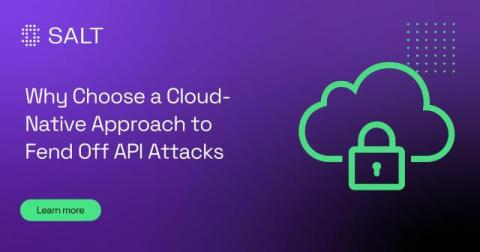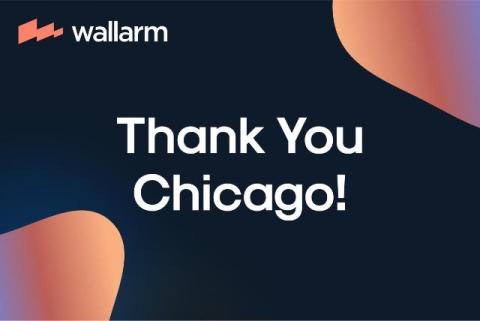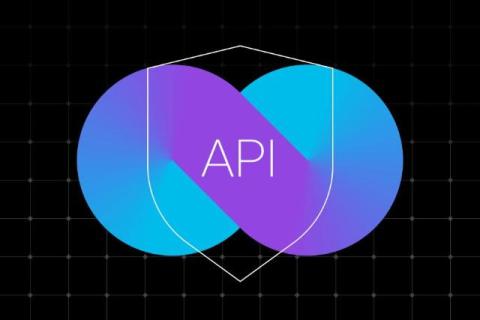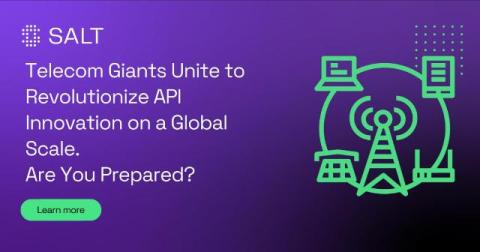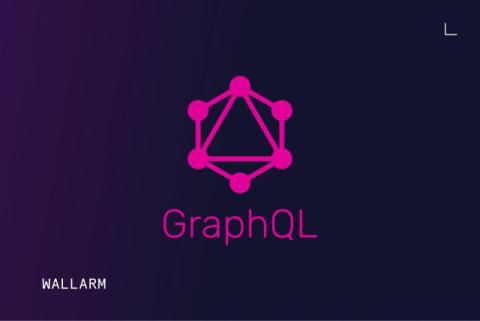Seeing the Unseen: Salt Security and eBPF
APIs are crucial in our digital world, but they also introduce new vulnerabilities. Attackers often exploit these vulnerabilities by concealing malicious payloads within encrypted traffic, rendering them undetectable to traditional security tools. As we observe Cybersecurity Awareness Month, it's important to emphasize the significance of advanced solutions that can detect hidden threats.



